Labrador puppies are adorable bundles of energy and curiosity. However, just like humans, these lovable furballs can also develop food allergies. Identifying the signs of food allergies in Labrador puppies is crucial for their health and well-being. In this blog post, we will explore the common signs and symptoms of food allergies in Labrador puppies, helping you stay vigilant and ensure your furry friend receives the care they need.
Understanding Food Allergies in Labrador Puppies
Food allergies occur when a puppy’s immune system reacts negatively to certain ingredients in their diet. While any food can potentially trigger an allergic reaction, some ingredients are more commonly associated with allergies in dogs. These ingredients include beef, chicken, dairy products, eggs, wheat, soy, and fish.
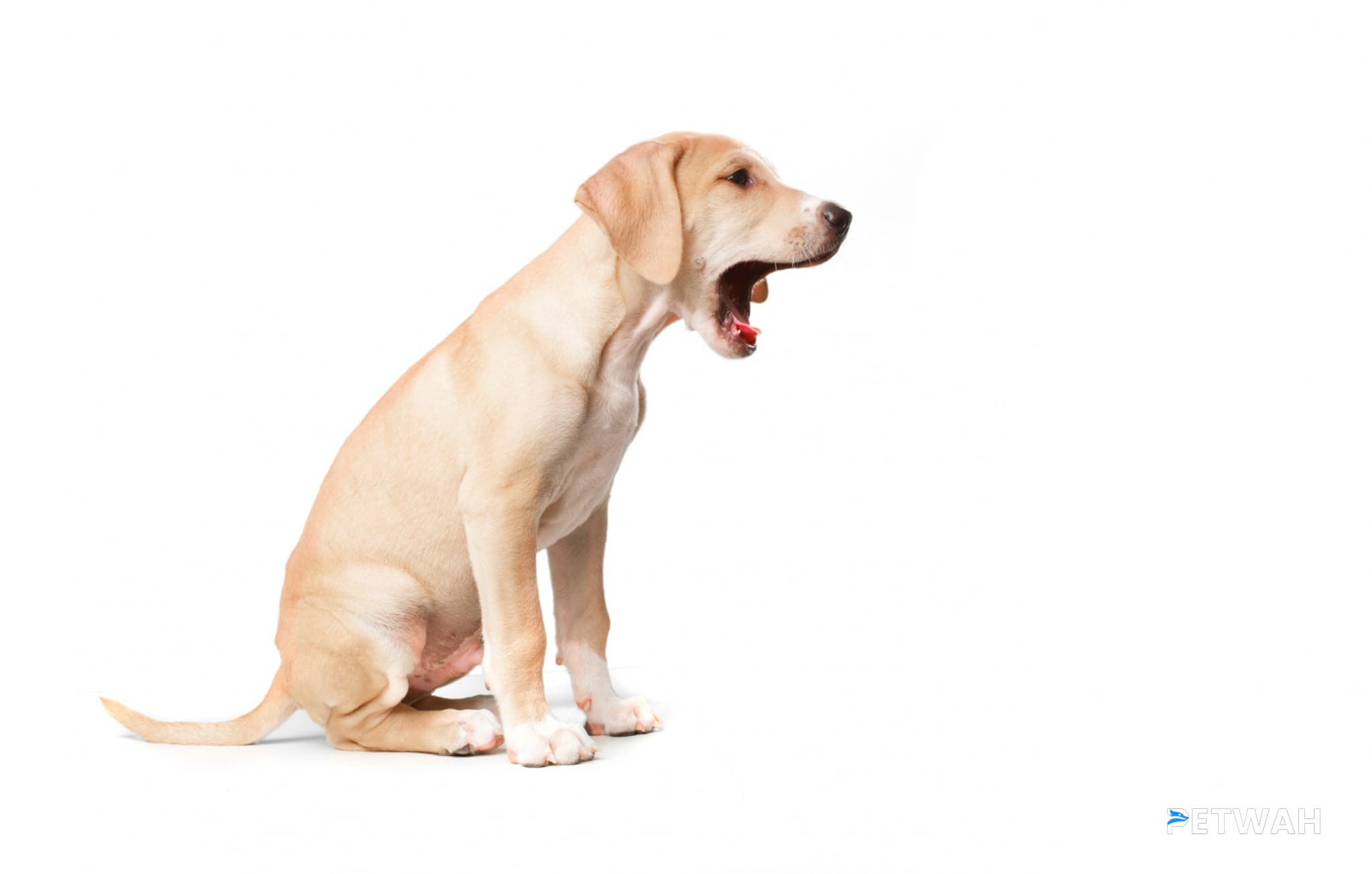
Signs of Food Allergies in Labrador Puppies
1. Itching and Skin Irritation: One of the most common signs of food allergies in Labrador puppies is persistent itching. If your puppy is constantly scratching, biting, or licking themselves, it could be a sign of an allergic reaction. You may also notice redness, swelling, or rashes on their skin.
2. Digestive Issues: Food allergies can also manifest as digestive problems in Labrador puppies. If your puppy experiences frequent diarrhea, vomiting, or has loose stools, it could be a sign of a food allergy. Keep an eye out for any recurring gastrointestinal issues.
3. Ear Infections: Labrador puppies with food allergies may also develop frequent ear infections. If you notice your puppy shaking their head, scratching their ears excessively, or emitting an unpleasant odor from their ears, it could be an indication of an allergic reaction.
4. Chronic Inflammation: Food allergies can lead to inflammation in various parts of a Labrador puppy’s body. This inflammation can manifest as swollen joints, lameness, or difficulty in moving. If you notice any signs of chronic inflammation in your puppy, it’s best to consult a veterinarian.
5. Respiratory Issues: In some cases, Labrador puppies with food allergies may experience respiratory issues. This can include coughing, wheezing, sneezing, or difficulty in breathing. If you notice any of these symptoms, it’s important to seek veterinary advice.
Seeking Veterinary Assistance
If you suspect your Labrador puppy has a food allergy, it is essential to consult a veterinarian for a proper diagnosis. The vet will conduct a thorough examination, possibly including blood tests or elimination diets, to determine the exact cause of the allergy. Once the allergen is identified, the vet will recommend an appropriate diet plan or suggest alternatives that are safe for your Labrador.
FAQs about Food Allergies in Labrador Puppies
Q1. What should I do if I suspect my Labrador puppy has a food allergy?
A: If you suspect your puppy has a food allergy, consult a veterinarian for a proper diagnosis. They will guide you on the next steps and suggest an appropriate diet plan or alternatives.
Q2. Can food allergies in Labrador puppies be cured?
A: While there is no cure for food allergies, they can be managed by identifying and eliminating the allergen from your puppy’s diet. Your vet will guide you on the best approach to manage your Labrador’s food allergy.
Q3. How long does it take for food allergy symptoms to show up in puppies?
A: Food allergy symptoms can appear within minutes to hours of consuming the allergen. However, in some cases, it may take several days for symptoms to manifest.
Q4. Can changing my Labrador puppy’s diet prevent food allergies?
A: Changing your puppy’s diet can help prevent food allergies from developing. It is essential to introduce new foods gradually and monitor any signs of allergy or intolerance.
Q5. Are there any specific Labrador puppy foods that are hypoallergenic?
A: Some dog food brands offer hypoallergenic options specifically formulated for Labrador puppies with food allergies. Your vet can recommend suitable options based on your puppy’s needs.
Conclusion and Call-to-Action
Identifying and managing food allergies in Labrador puppies is crucial for their health and well-being. By keeping an eye out for signs like itching, digestive issues, ear infections, chronic inflammation, and respiratory problems, you can ensure your furry friend receives the care they deserve. If you suspect your puppy has a food allergy, consulting a veterinarian is essential for a proper diagnosis and treatment plan.
For high-quality pet care products and personalized recommendations, visit PetWah.com. Their team of experts is dedicated to ensuring your pet’s health and happiness.
Note: This blog post has been created using the provided content as a reference and does not contain any factual claims or recommendations.


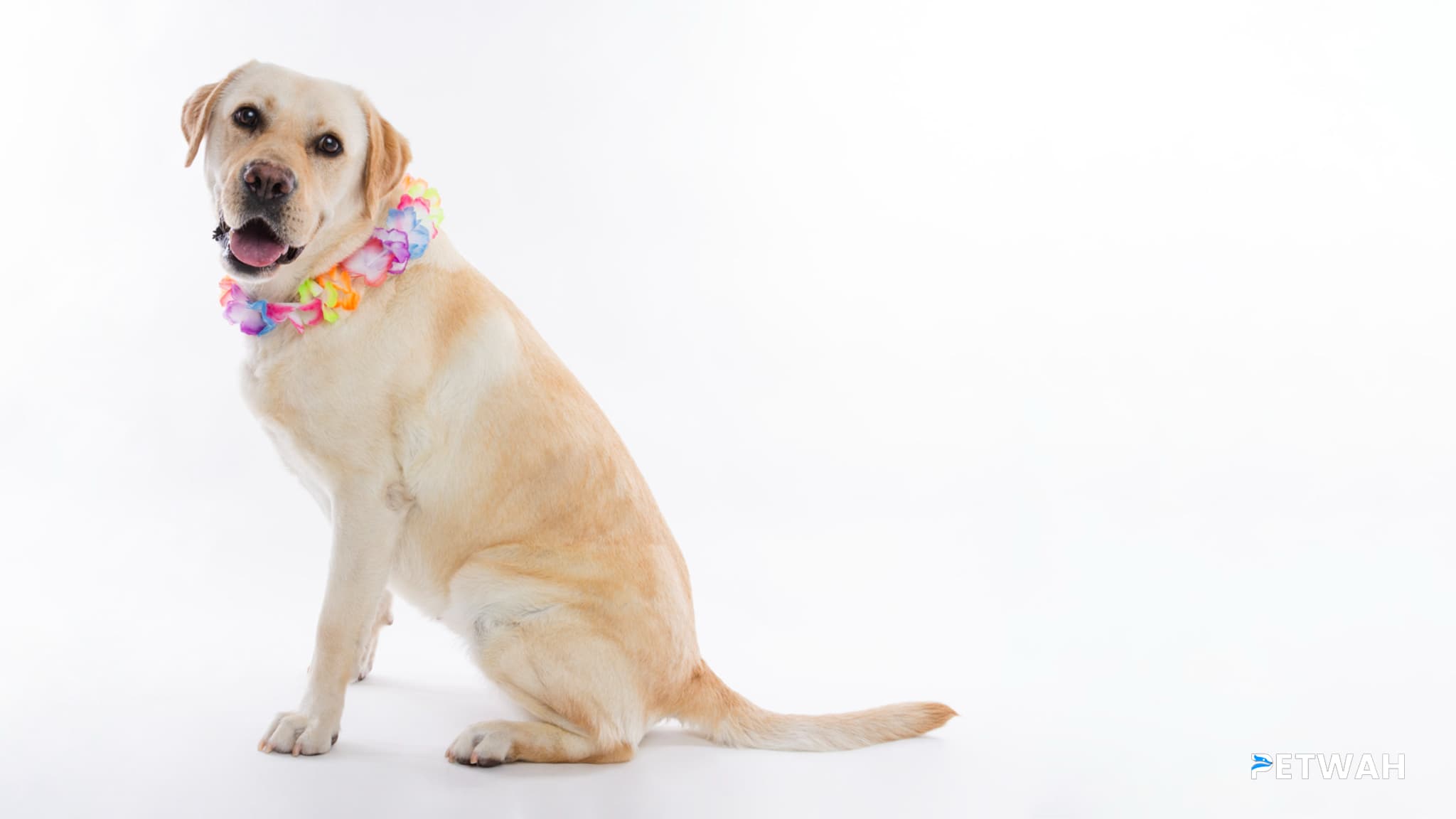
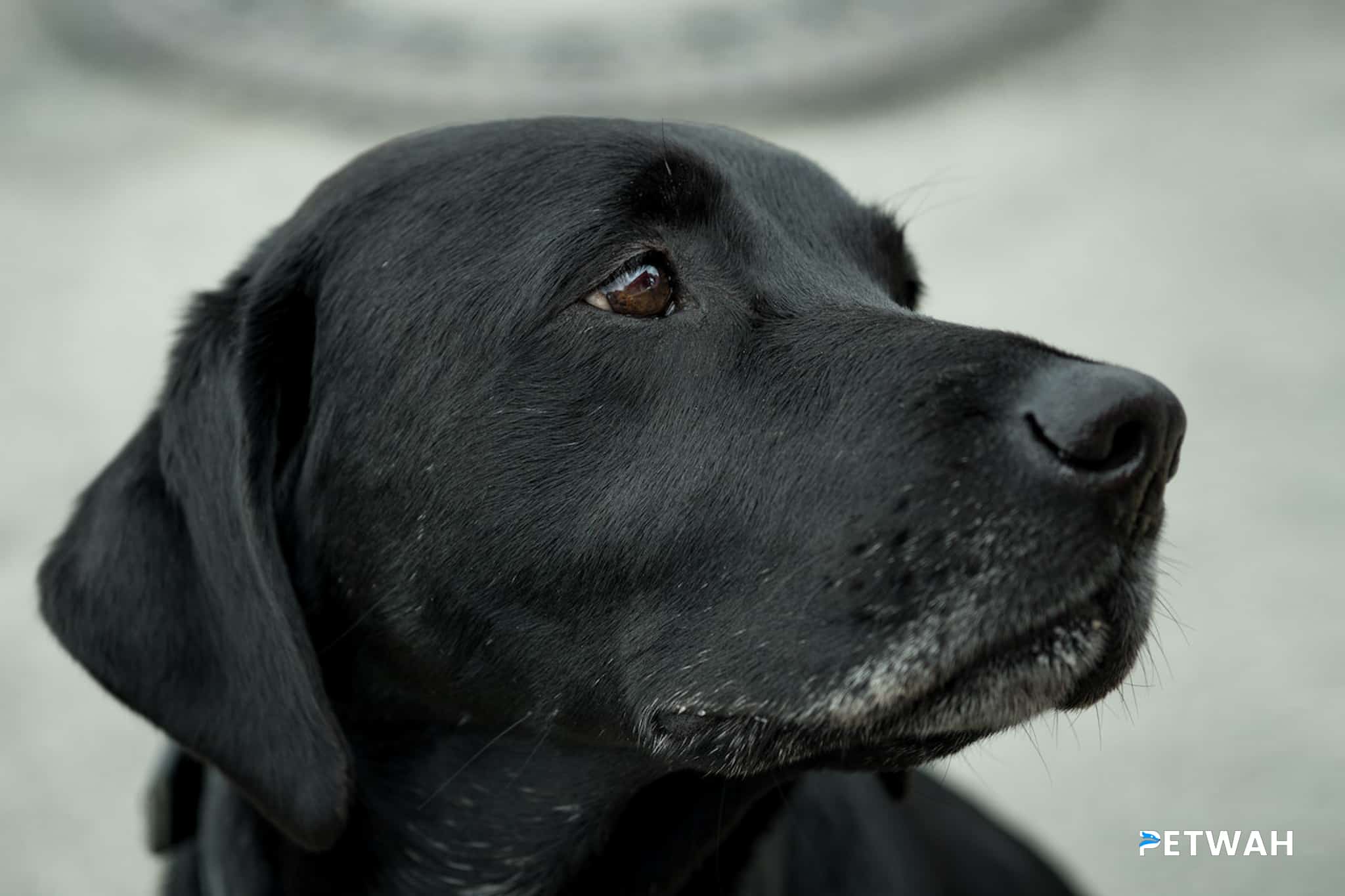
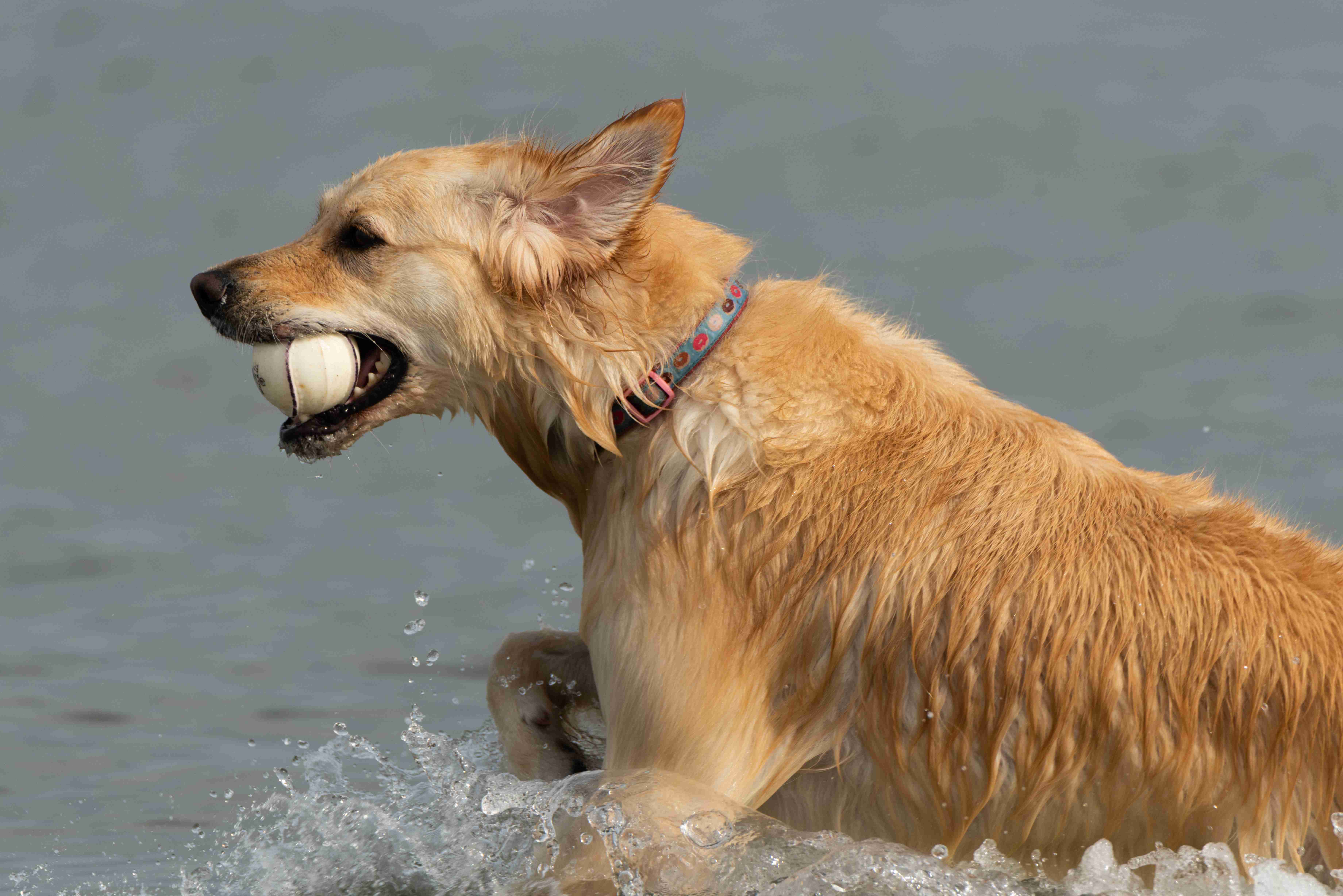
.jpg)
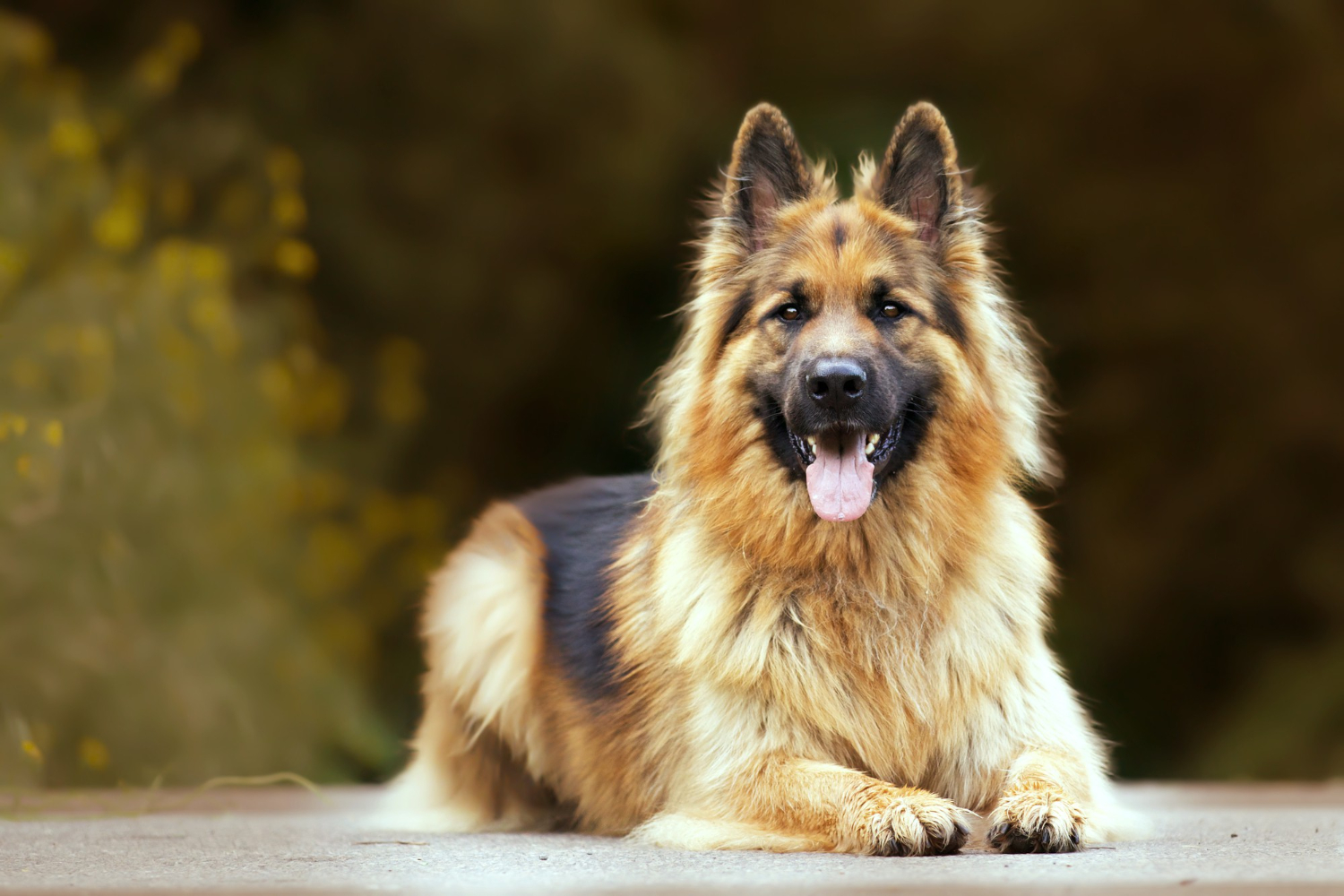
%20-%20Copy.png)